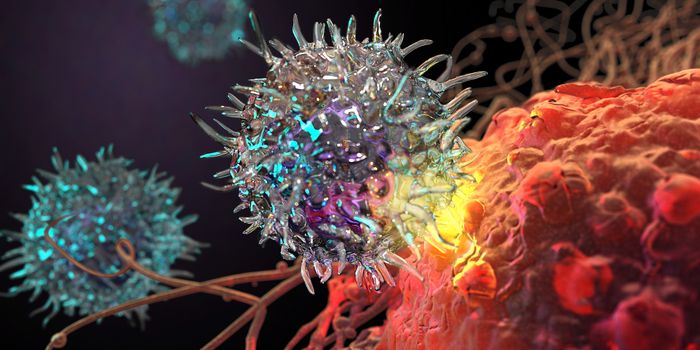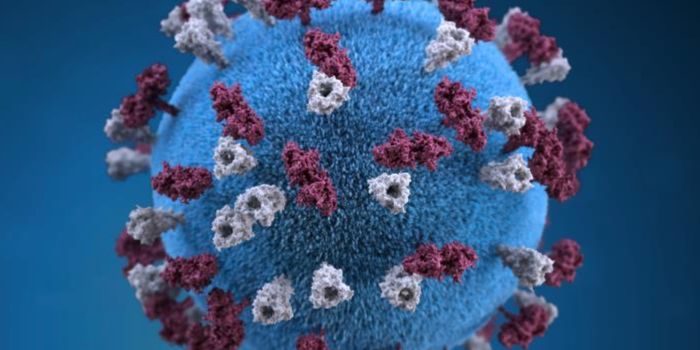Markers in Urine Point to Early Cancer Detection
A new tool has been created that can effectively identify substances in the blood or urine that cause cancer. A team of scientists were guided by Professor Yoon-Kyoung Cho of Life Science at UNIST, developed Exodisk, a microfluidic platform that can isolate physiological particles called extracellular vesicles (EVs) from urine. They have reported their findings in the journal ACS Nano; they hope that their data can be used in the clinic; biomarkers that assay EVs can be utilized in cancer diagnostics. The work is summarized in the following short video.
Most bodily funds contain EVs, 40 to 1000 nanometer-sized sacs which come from cells and play a role in biological signaling as transporters. As such they influence the regulation of myriad cellular functions. Even though the relevance and importance of EVs in disease diagnosis and prognosis is known, there are serious limitations with current tools that analyze them. The process is hindered by a need for a lot of starting material, lengthy preparation time and a yield of low quality results.
Cho's team overcame these hurdles by inventing a new concept for a lab-on-a-disc that can isolate nanoscale EVs efficiently and rapidly by size. Starting materials can be urine from a patient or supernatant from cells grown in culture.
"The Exodisc is compoased of two independent filtration units (20nm and 600nm in size) within a disk-shaped chip to enable the processing of two different samples simultaneously," explained first author and doctoral candidate Hyun-Kyung Woo. "Upon spinning the disc, the urine sample is transferred through two integrated nanofilters, allowing for the enrichment of urinary EVs within the size range of 20 to 600 nm."
The Exodisk filters have filters of specific sizes that effectively separate the EVs from contaminants like germs or other proteins. The urinary EV detection was validated by the scientists with a secondary method, an on-disk ELISA or enzyme-linked immunosorbent assay.
"Using Exodisc, it is possible to isolate EVs from raw samples within 30 minutes," said Cho. "The process of passing the filter through centrifugal force is automatically carried out, effectively recovering the enriched EVs."
For their for, the investigators tested samples from the clinic, examining urinary EVs taken from bladder cancer patients. A tabletop-sized centrifugal microfluidic system was used and the scientists achieved full automatic enrichment of unirary EVs in the size range of 20 from 600 nm.
"On-disc ELISA using urinary EVs isolated from bladder cancer patients showed high levels of CD9 and CD81 expression, suggesting that this method may be potentially useful in clinical settings to test urinary EV-based biomarkers for cancer diagnostics," explained the comfort author of the report, Vijaya Sunkara of Life Sciences.
"We are currently conducting further studies to determine various diseases, including cancer by analyzing the collected nanoparticles," said Cho. "We hope this device can contribute significantly to the advancement of studies related to tumor biology and acceleration of the practical use of EV-based liquid biopsies for personalized medicine in clinical settings," Cho concluded.
Sources: AAAS/Eurekalert! via UNIST, ACS Nano










